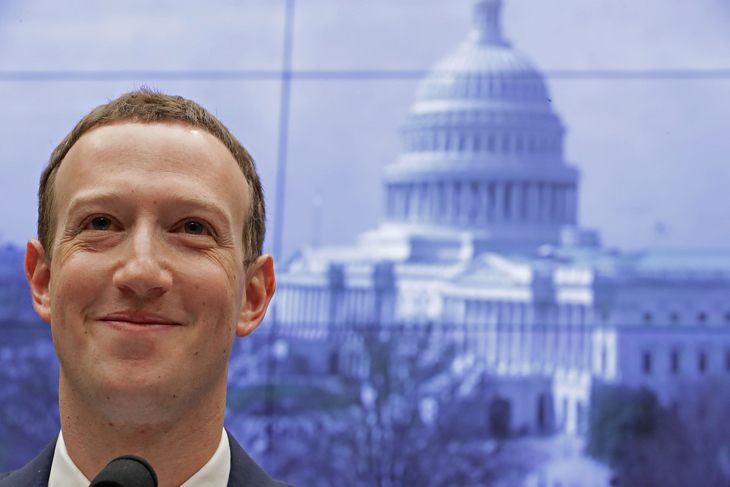In this case, the flag says: social media is losing its luster. Congress was willing to grill Zuckerberg for fifteen hours, he was willing to act mostly contrite and submissive, and mass media mostly supported the critical tone. Politicians had previously been more reluctant to criticise social media, and high tech more generally, as so much there has been new, innovative, and sexy. But we have seen less new lately, we are uneasy about the domination of a few big firms, and we wonderhow healthy it is to spend so much time on social media. So we are willing to support a more critical mood.
Democrats focused their grilling on data that helped political analysts promote Trump in the last election, while Republicans focused on Facebook censorship of right-leaning groups. It’s hard to believe the public cares much about either of these; few expect much privacy for Facebook posts, nor care much about right-leaning publicity opportunities. But what Congress said mattered less than their mood. As my colleague Tyler Cowen often says, this is more about “mood affiliation.”
However, while Congress and the public seem more open to regulating social media, the testimony also made it clear that Congress has little idea of what exactly to do. With nominal prices of zero, social media is a poor fit for standard regulatory frameworks. Which makes this a dangerous situation. Congress may do something big and random, just to “do something.” Or the industry may arrange for private regulation, to preempt that.
Unfortunately, while big firms often pretend to resist regulation, they in fact often gain from regulation entrenching them against competitors. Random “do something” regulation might reduce both competition and innovation, and offer few gains to compensate. So for now, I’m hoping that the fickle public mood is quickly distracted by yet another issue-de-jour. What was that latest Trump tweet again?
Robin Hanson is an Associate Professor of Economics at George Mason University


















